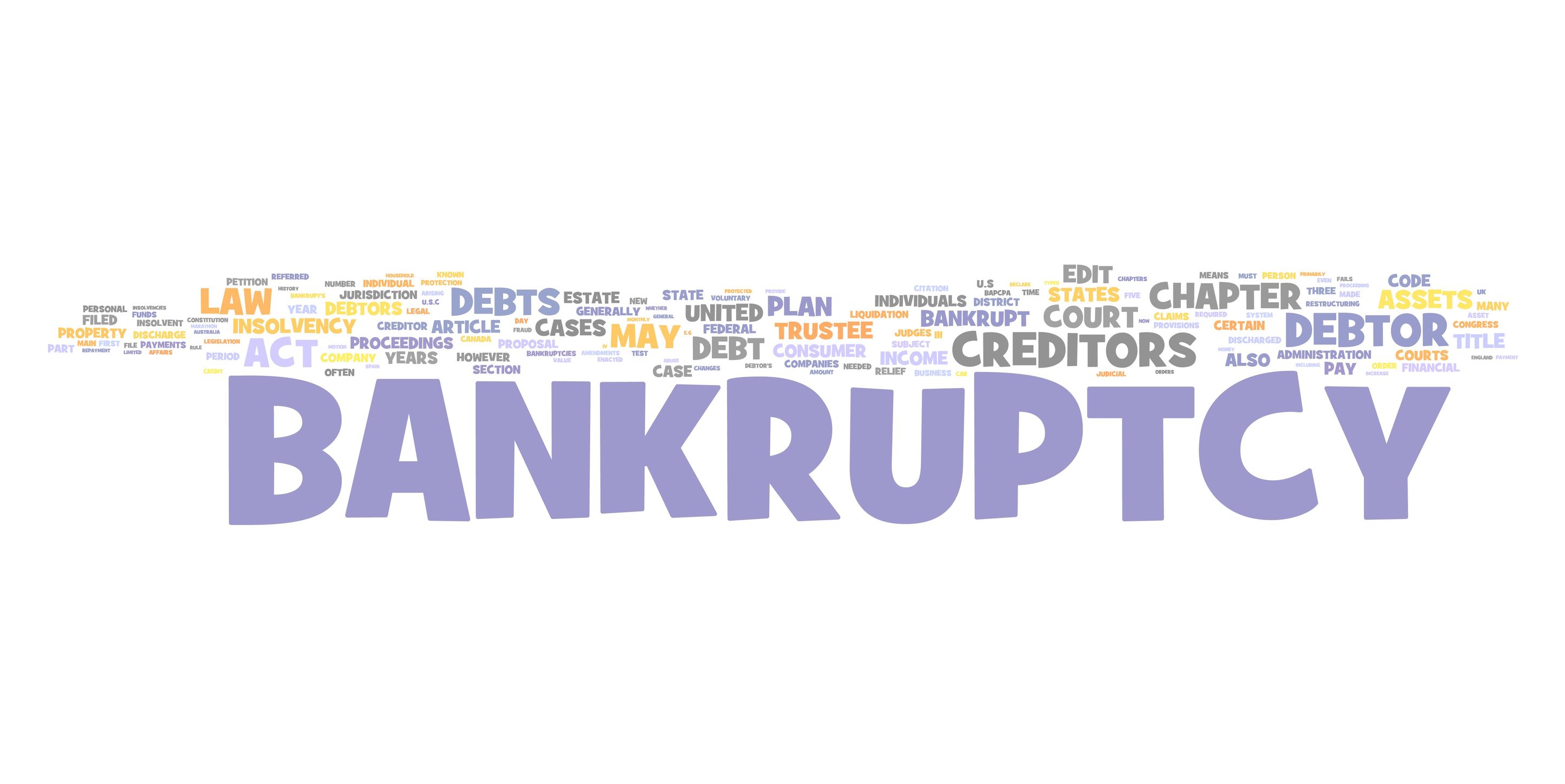If you’re feeling overwhelmed by the amount of debt you currently have, you might be thinking about bankruptcy. Claiming bankruptcy is a serious decision and not one to be taken lightly. While it can help you get out from underneath some of your debt, the repercussions will affect your credit for years to come.
What exactly is bankruptcy? The simplest definition of bankrupt is that it is a condition that can occur to either a business or a person who is not able to pay the debt they owe. The debtor files a petition claiming to be bankrupt, and all of their assets are then calculated and possibly liquidated in order to pay off some of the accrued debt. The debtor is then relieved of all remaining debt.
The type of bankruptcy claimed will depend on how much debt there is and how much the debtor holds in assets. Filing chapter 7 in Lancaster pa, for example, will mean the possibility of having to liquidate some of your assets, so it is best used by those who either don’t mind selling what they own or those who have little to liquidate to begin with.
If you’re worried about what a bankruptcy claim will do to your credit, keep in mind that although a bankruptcy itself might stay with you for up to 10 years, an extremely high debt to income ratio can be detrimental to a credit score as well. If you take some steps to start building up your credit right after the bankruptcy, your credit score could quickly be higher than it was before the bankruptcy.
Another thing you might want to know before you file chapter 7 in Lancaster pa is that the process only takes a few short months. In three to six months, you could be free of all of that debt has been weighing you down for years.
If you’re swimming in debt, and you just can’t seem to get out from under it, you need to contact an experienced legal advocate who can answer your questions and help you start rebuilding your life.




